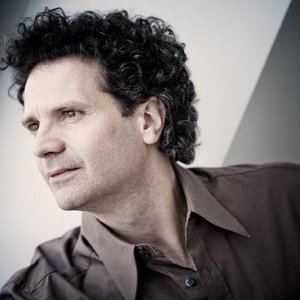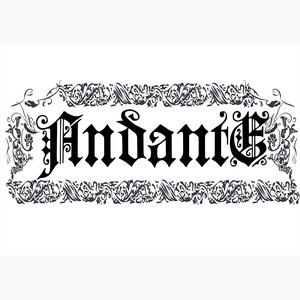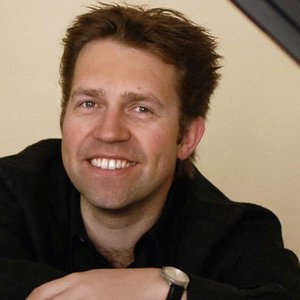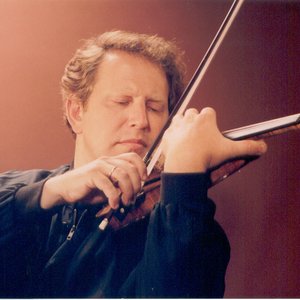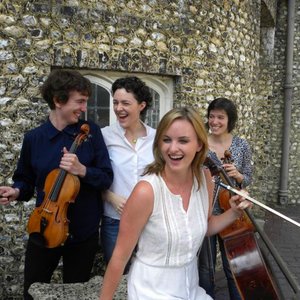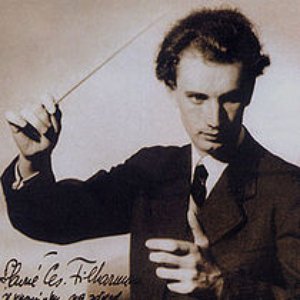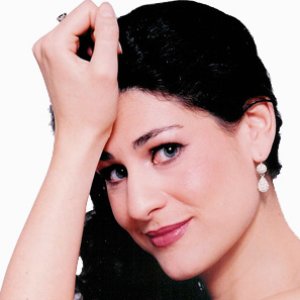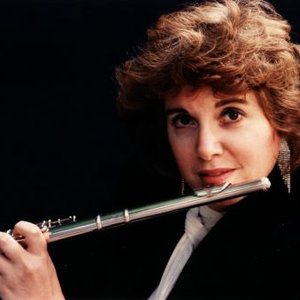Biography
-
Born
1 November 1902
-
Born In
Babenhausen, Hessen, Germany
-
Died
26 March 1987 (aged 84)
Eugen Jochum (November 1, 1902 – March 26, 1987) was an eminent German conductor.
Born in Babenhausen, near Augsburg, Germany, Jochum studied the piano and organ in Augsburg until 1922. He then studied conducting in Munich. His first post was as a rehearsal pianist at Mönchen-Gladbach, and then in Kiel.
He made his conducting debut with the Munich Philharmonic Orchestra in 1926 in a program which included Bruckner's Seventh Symphony. In the same year he was appointed conductor at Kiel, where he conducted seventeen operas in his first season, including The Flying Dutchman, Der Rosenkavalier and Turandot.
After Kiel he went to Mannheim, where Wilhelm Furtwängler praised his conducting. He turned down an offer to conduct twelve concerts with the New York Philharmonic Orchestra, believing that his repertory and experience were not yet equal to it. (He did not appear in America until 1958.) His next appointment was as music director in Duisburg, from 1930 to 1932. In 1932 he became chief of the Berlin Radio Orchestra, also conducting 16 concerts a season with the Berlin Philharmonic, and at the Deutsche Oper.
In 1934 Jochum succeeded Karl Böhm as musical director of the Hamburg State Opera and the Hamburg Philharmonic. Throughout the Nazi era, Hamburg remained, as Jochum put it, ‘reasonably liberal’, so that he was able to keep his post despite refusing to join the party. He performed music by composers such as Hindemith and Bartók elsewhere banned by the Nazis. He served at Hamburg until 1949. After World War II, Jochum became the first chief conductor of the Bavarian Radio Symphony Orchestra in 1949.
Jochum was also a regular guest conductor of the Concertgebouw Orchestra, Amsterdam, and served as the orchestra's 'first conductor' (eerste dirigent) from 1941-1943, during the chief conductorship of Willem Mengelberg. From 1961 to 1963, Jochum was joint chief conductor of the Concertgebouw Orchestra alongside Bernard Haitink. He conducted frequently in London, with the London Philharmonic Orchestra and the London Symphony Orchestra. In 1975, the LSO appointed him conductor laureate.
He appeared regularly at Salzburg and, from 1953, Bayreuth, where he made his debut conducting Tristan und Isolde.
Jochum is best known for his interpretations of Anton Bruckner. His performances of Bach, Beethoven, Brahms, Mozart, Haydn, Schumann, Wagner and Carl Orff are also notable. His recording of Carmina Burana is considered by some to be an authoritative interpretation, as Orff himself was present at the recording and endorsed the final record.
He was a regular recording artist, from his first records in 1932 (the Mozart D minor piano concerto with Edwin Fischer). In the stereo LP era he recorded mainly for Deutsche Grammophon. His DG Bruckner cycle has remained in the catalogues ever since its first issue in the 1960s. He later recorded another complete cycle for EMI with the Dresden Staatskapelle.
Jochum’s younger brother Georg Ludwig Jochum was also a conductor. His daughter Veronica Jochum is a pianist on the faculty of the New England Conservatory of Music in Boston, Massachusetts, USA.
Jochum died in Munich, Germany at the age of 84. His wife Maria predeceased him, in 1985.
Artist descriptions on Last.fm are editable by everyone. Feel free to contribute!
All user-contributed text on this page is available under the Creative Commons Attribution-ShareAlike License; additional terms may apply.


